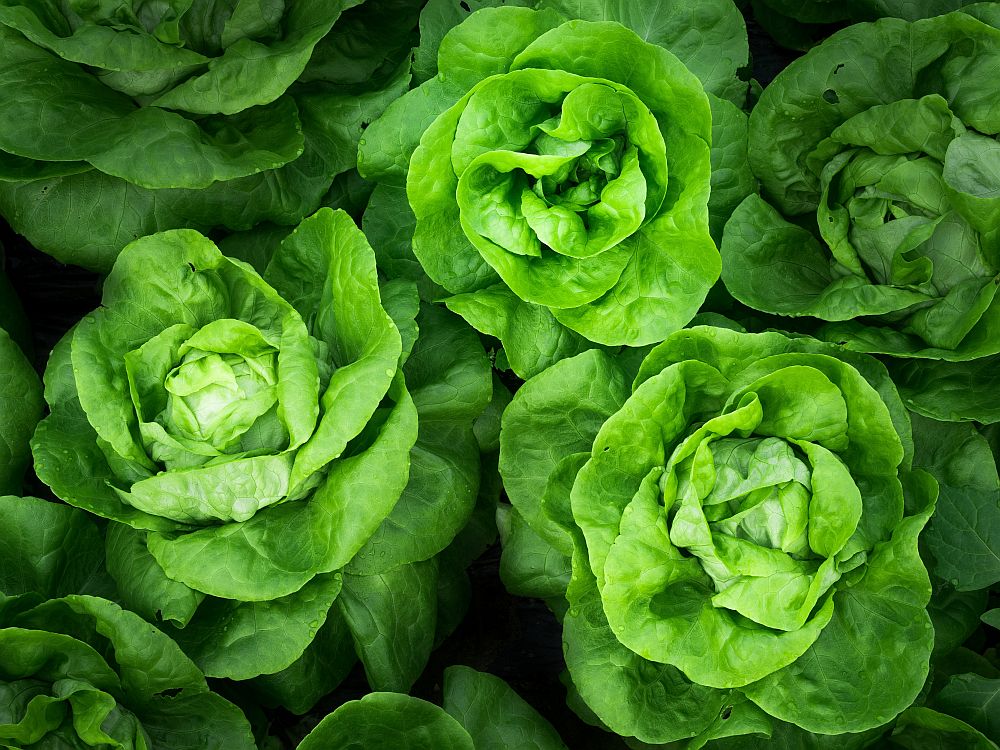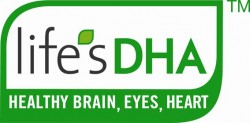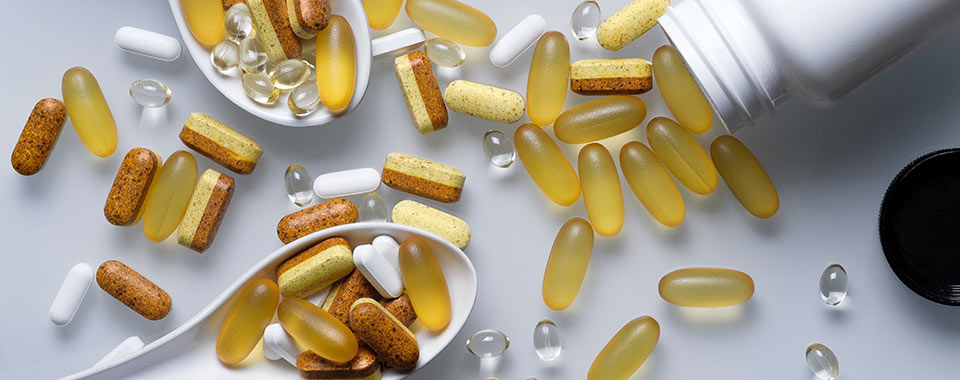Dale didn’t want to take fish oil pills any more.
He’d given up meat, poultry and seafood. And so he no longer could take fish oil pills under his self-imposed new rules.
“I have high triglycerides…so what do I take instead of fish oil?” he asked.
This was a loaded question. I could give him a short and simple answer, which is what he wanted. Or I could tell him what was on my mind. So I did both, in that order.
“Take algae Oil,” I replied. “It’s got plenty of DHA Omega-3, it’s usually very good quality, it’ll lower your triglycerides and it’s certainly vegetarian.”
How ’bout Flax or Chia?
“How ’bout Flaxseed oil or Chia?” asked Dale. ‘I’ve been seeing a lot of good things about Chia.”
We’ve beat this topic to death on this blog, but it’s worth restating: Flax seeds and Chia seeds are a good source of several nutrients. And they are very high in Plant Omega-3, also known as ALA. I think they’re wonderful additions to salads. But as a source of Omega-3 fatty acids, they are almost worthless. Why? Adult humans are not capable of converting ALA Omega-3 from plants into EPA and DHA Omega-3.
Plant Omega-3 has to go through half dozen steps before the body turns it onto DHA.
To be specific, teenage girls can convert about 20% of the Omega-3 from Flax and Chia into usable EPA. Very little if any get converted to DHA. If you’re no longer a teenage girl or if you’re a man, you’r out of luck – less than 5% of the ALA gets converted to EPA Omega-3.
In other words, you’d need at least 20 Flaxseed oil pills to equal the benefit of one fish oil pill.
Once I explained this to Dale, he quickly got excited about algae oil. As he should.
Most of the good brands of algae oils use oil made by Martek (Life’sDHA brand). Markek is a leader in growing tiny green algae in vats and extracting Omega-3 from them. It’s a fascinating technology and one that our children and grandchildren may someday have to depend on if our oceans get overfished.
There are two disadvantages to algae oil:
- Cost.
- Very little EPA Omega-3.
Cost. The technology used to make algae oil is proprietary and sophisticated. For now, it is still a bit pricey. But that will change as patents expire and competitors enter the market. Also, as the cost of fish oil goes up year after year, algae oil will become relatively affordable.
Very little EPA Omega-3. Algae oil is mostly DHA with very little EPA. DHA is necessary and important, and some of the DHA is naturally converted in your body into EPA.
But if you’re looking for a blend of both Omega-3s, then algae oil is not ideal. Already, there are several companies scrambling to produce EPA from algae and yeast. Some of these EPA-rich products will be more widely available in a your or so.
Having convinced Dale that he should buy algae oil, I had a little warning for him.
Vegetarianism and Triglycerides
As a nutritionist, I see a familiar pattern with new vegetarians: their triglycerides shoot up.
Surprised? Not me.
If you’re a vegetarian for moral or spiritual reasons, I can respect that.
But if you became a vegetarian to get healthier, well, that won’t help your triglycerides one bit. I have nothing against vegetables. They’re good great for you.
It’s the other stuff that’s eaten with vegetables that causes problems.
Sure, vegetarians have lower blood pressure and obesity. But vegetarians also face other added risks:
- Higher homocysteine levels (a risk factor for poor heart health)
- Lower HDL (good) cholesterol
Know these risks before you go in. And work to address them using the tips below.
Common Issues with Vegetarianism:
- Excess grain intake. New vegetarians eat more grain, flour and refined starch-based foods than before. Grains, especially wheat and any refined starch will drive your triglyceride levels skywards. Yes, even earthy whole grain wheat.
- Excess seed oils. New vegetarians are often drawn to ‘Vegetable oils,’ which are usually soybean oil mixes with extremely high Omega-6 levels. Not good. Switch to Olive or Coconut for your oil needs.
- Over-dependence on soy. Fermented or unprocessed soy products are OK. But tofu, soy milk and soy protein isolate that many new vegetarians depend on for protein, are not so healthy.
A Harvard study found that men who drank a cup of soy milk a day cut their sperm count in half.
Two cups of soy milk has as much phytoestrogens as one birth control pill.
Soy has a trypsin inhibitor that interferes with protein digestion, soy increases your need for Vitamin D, soy contains phytic acid that reduces mineral absorption.
I could go on. Stop worshipping at the altar of soy!
So if you want to become a vegetarian:
- Watch the grain intake – it’s a killer. Literally. Besides sodas and fruit juices, this is the top reason why triglycerides go up.
- Strongly consider adding eggs and fish to your OK-to-eat list. And go easy on the soy.
- Get yourself some algae oil pills. Studies show that vegans are usually deficient in Omega-3 and Vitamin B12.
I didn’t talk Dale away from vegetarianism. I just warned him about some of the pitfalls.




Actually it’s not true that Algae Oil is all mostly DHA.
There are Algae strains that produce mostly EPA, as well as Algae strains that make both.
There are hundreds if not thousands of strains.
Hi Researchin – you’re right. There are several new companies that are making new algae oils high in EPA. Time to update that old blog.
– Vin Kutty